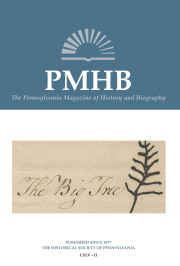Abstract
This article places local events in broad technological and organizational contexts and offers an evaluation of their signifcance to the larger project of electrifcation in the United States in the late nineteenth century. Edison’s work in those ffteen-odd months was crucial to sorting out the technological, economic, and organizational arrangements necessary for his dream of constructing power networks in cities and towns across the country. By unwittingly demonstrating the limitations of his own system in eastern Pennsylvania, Edison kept the door open to a rival who would emerge at the other end of the state. George Westinghouse of Pittsburgh recognized the opportunity and, within just a few years, assembled a cadre of skilled engineers, secured the necessary patents, and devised a feasible business model to promote the more economical alternating current (AC) model of distribution.
